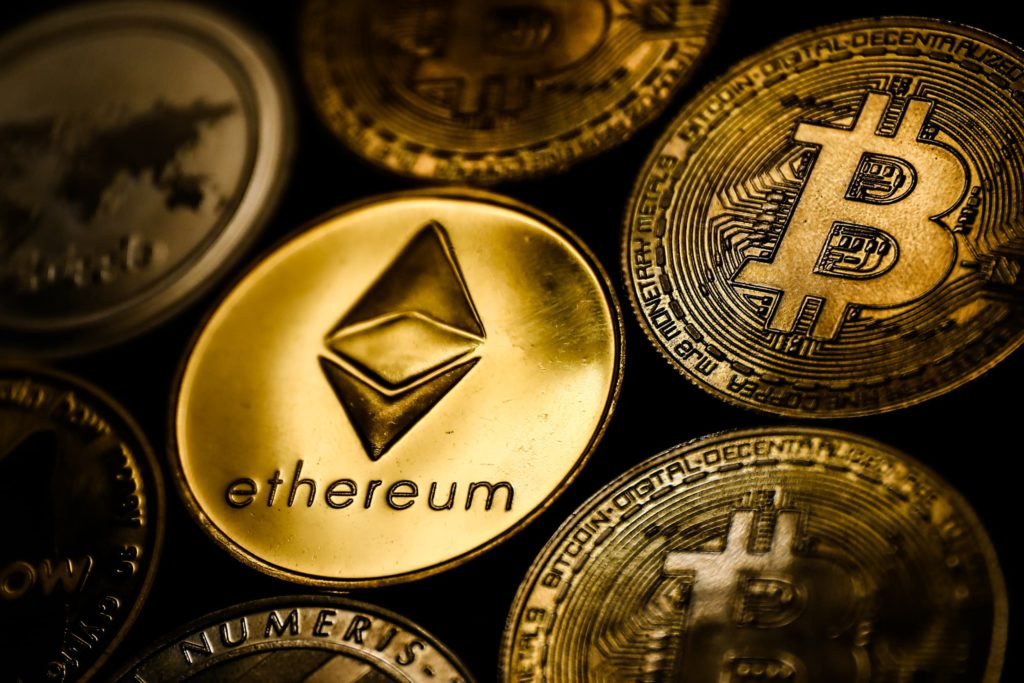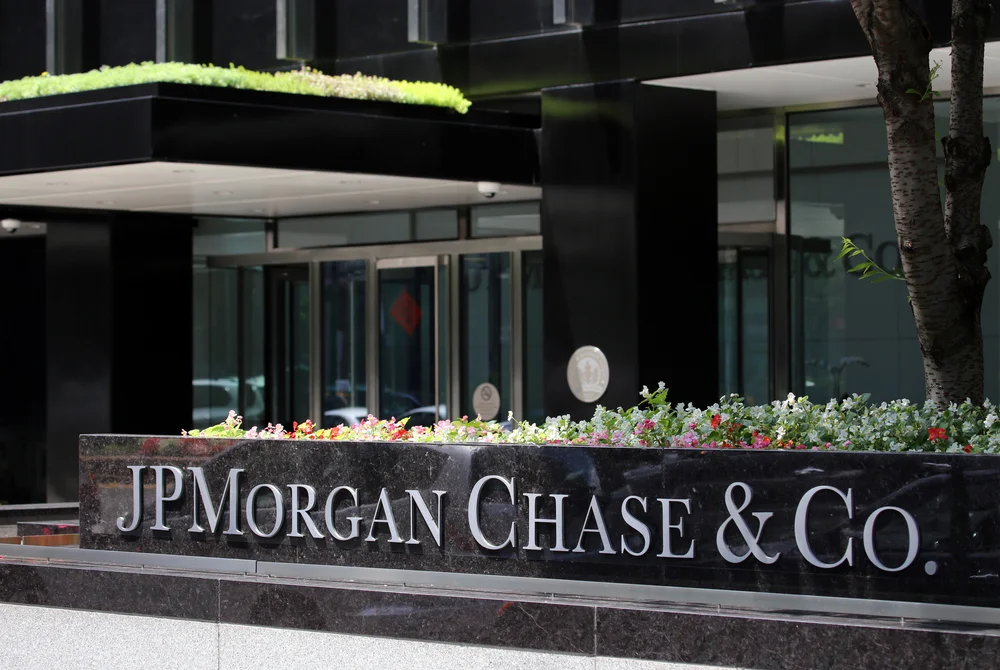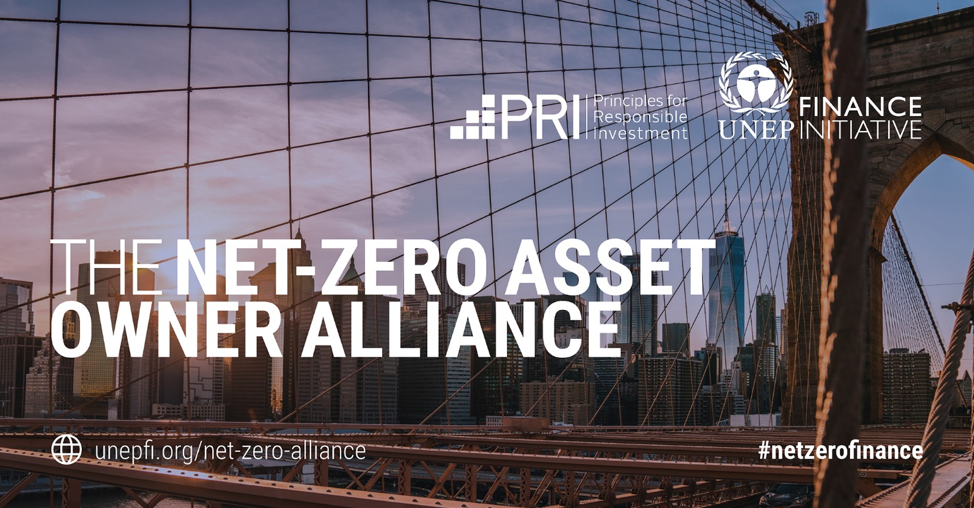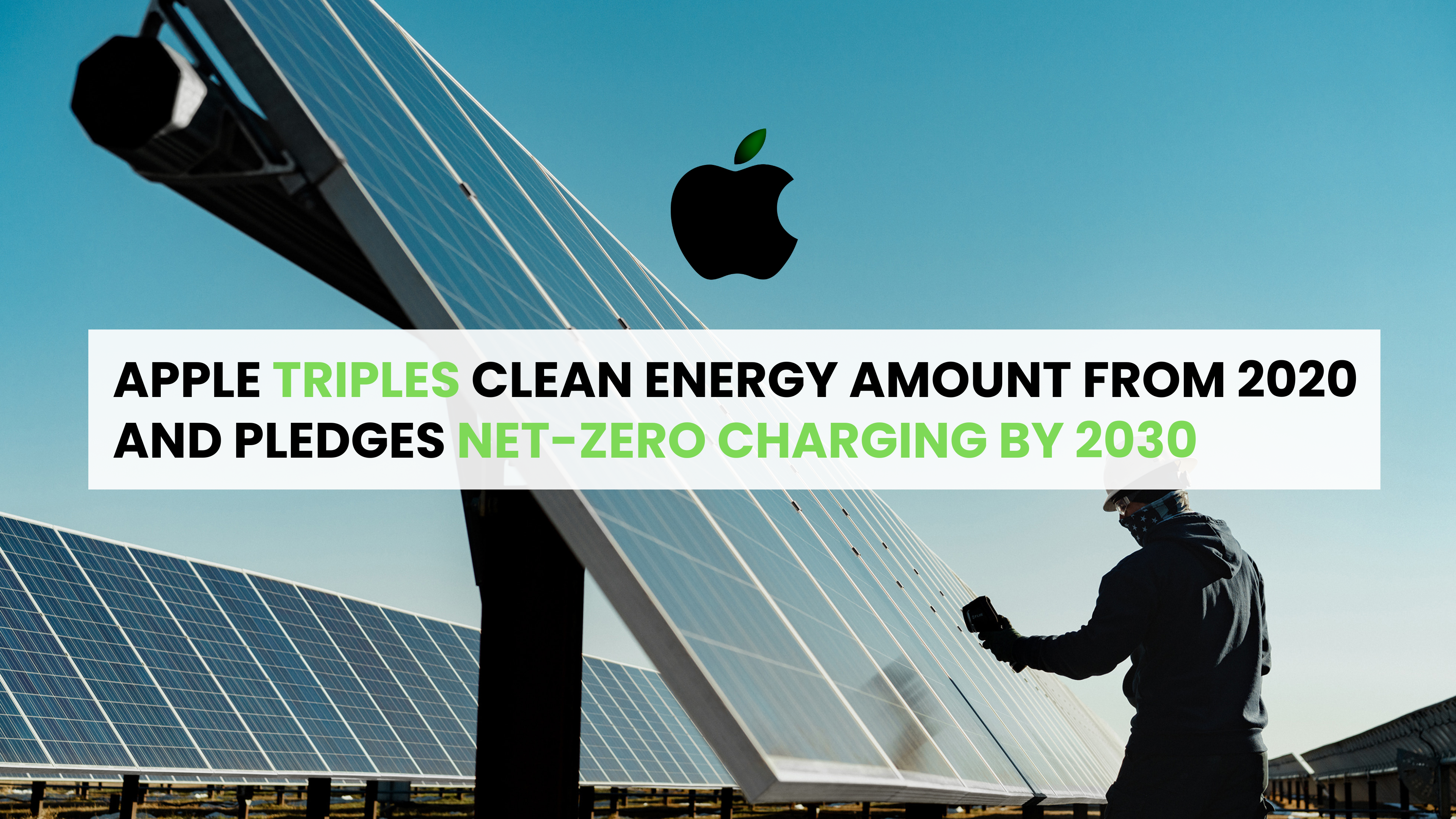Expert Panel Discusses Navigating the Volatile Crypto Market

Frank Chaparro, Greg Tusar, Jeanine Hightower-Sellitto, Trey Kelly, and Ari Paul discuss Crypto at Greenwich Economic Forum (Greenwich, CT)
(ESG News) – During the Panel Discussion on Crypto at the 2019 Greenwich Economic Forum, moderator Frank Chaparro, Director of News at The Block, asked for a show of hands: How many people in the audience owned bitcoin? About half of the room raised their hands. How many people thought cryptocurrency was a cesspool? There were a few chuckles as about half of the audience raised their hands to the second question.
Clearly, the verdict on cryptocurrency is far from unanimous. Why is it so polarizing? And will some people just always consider the asset class a cesspool? Those were the big questions discussed by panelists Ari Paul, CIO of BlockTower Capital, a crypto asset investment firm; Greg Tusar, Co-Founder and then Chief Technology Officer of Tagomi, a digital asset trader (Tusar is now VP of Institutional Products at Coinbase); Jeanine Hightower-Sellitto, then the Managing Director of Operations at Gemini Trust Company, LLC, which is a cryptocurrency exchange (Hightower-Sellitto has since become CEO of Atomyze, LLC, a platform focused on digitalizing markets); and Trey Kelly, founder and CEO of GRIID, a cryptocurrency miner.
Cryptocurrencies such as bitcoin have been grabbing headlines in recent years, primarily because of the digital asset class’s volatility—people tend to be interested in something when its value goes up or down sharply. But many serious investors are trading cryptocurrency, which is a decentralized online form of payment, because of the very real place it could have in future economic activity. In fact, endowments of universities like Yale already invest in crypto.
Paul, whose firm specializes in cryptocurrency, believes digital assets could be used to hedge bets in a portfolio, much like gold today. He argued that in the face of global currency depreciation, debt crises and general instability, cryptoassets could fare well because they aren’t governed by the same sets of rules.
“A lot of the traditional global macro hedge funds that we talked to, the employees and the owners, most of them own Bitcoin themselves, and for their funds, they are considering it,” Paul said. “They view bitcoin very much the same way they think of as gold in their portfolio.”
However, cryptocurrency faces several obstacles, the panel said. One is operational infrastructure. Who will own, operate and secure the digital servers that allow for crypto currency exchanges?
Another big concern has to do with regulation. Bitcoin and other cryptocurrencies can be traded around the clock and around the world. So who has jurisdiction over regulation? There isn’t a clear answer.
“Bitcoin operates 24/7 in a globally connected set of networks and exchanges, some of which would be in the U.S. jurisdiction and some would not,” Tusar said.
What’s more, part of the appeal of cryptocurrency is that it is an uncensored asset that can be traded across borders, but that also means it’s more susceptible to fraud. If regulations were imposed to try to crack down on this, the dynamics of the market would surely change, and the implications aren’t clear, the panel said.
But Paul remains bullish on crypto. He said that, over time, as large institutions begin investing in and storing digital currencies, he believes people will generally become more comfortable with the concept of digital money. To emphasize the point, he said that when he gave talks on crypto in 2017, he would usually have to explain the granular details of blockchain technology—the system of computers that allows digital tokens to be securely recorded and distributed. Two years later, he found that audiences were generally familiar with the terminology.
He said, for example, most of us don’t know how cellphones work, but we trust that they work, and we use them regularly. Therefore, we would invest in a cellphone company without having a really deep engineering understanding. The same principle could easily apply to crypto, he said.
“It’s not that [investors] are experts on what a blockchain is in a technical sense, but you probably have enough of an understanding, you’ve heard that same explanation given enough, so there are some truths about it you probably just take for granted at this point,” Paul explained. “So building up this stack of trust is a huge part of how finance and life works more generally. The reason people will be comfortable [with crypto] in 3 years or 5 years is not because you are going to suddenly become experts on cryptography. It’s going to be because you trust this web of institutional knowledge that is built up over time.”
Hightower-Sellitto pushed back, arguing that simply following big brand names into the space wasn’t enough. When working with Fidelity on cryptocurrency investments, for instance, she said most customers were actually dealing with a subsidiary, not the company itself. That could potentially lead to some level of mistrust. Hightower-Sellitto believes that in order for the asset class to become more mainstream, financial firms need to hire people in-house who specialize in crypto and make it a meaningful part of their business.
“It really is a small and emerging market at this point,” she said of crypto. “There aren’t many experts in the space. I think it’s hard to hire people that have longstanding expertise in the space. The industry has only been around for 11 years.”
Tusar also said that information gathering is critical, and he explained companies need to learn more about the “operational belt and suspenders around [crypto],” such as how to actually store digital tokens and how to limit transaction costs.
Still, miners like Kelly believe crypto is where the market is heading. After all, in a digital world, it makes sense to have digital currency. He said tokenizing equity just means that instead of tracing a sale back to a piece of paper, we trace it back to a chit on a computer server.
“It’s just digitizing what we are doing today,” he said.
Likewise, Paul believes that in 20 years, regulators will actually require all equities to be tokenized, because such a system ultimately makes the rules easier to enforce. Federal agencies could even build regulations into an asset. For instance, say an investor purchased a security that was not allowed to be resold for a year. Currently, the only way to enforce this rule is to bring down punishment after the fact, Paul said. But in a digital system, regulators could create a restriction that would prevent illegal resale before it ever happened, he suggested.
“We’re using 40-year-old technology and not availing ourselves of a very simple, mundane, real-time transparency,” Paul said.
Tusar agreed that there are many possible uses for crypto—whether as a kind of goldlike hedge bet against weak local currency or a streamlined way for customers to pay for services like Uber. But, he said, “It’s impossible to know which of them is really going to be the preeminent narrative in 5 or 10 years.”









